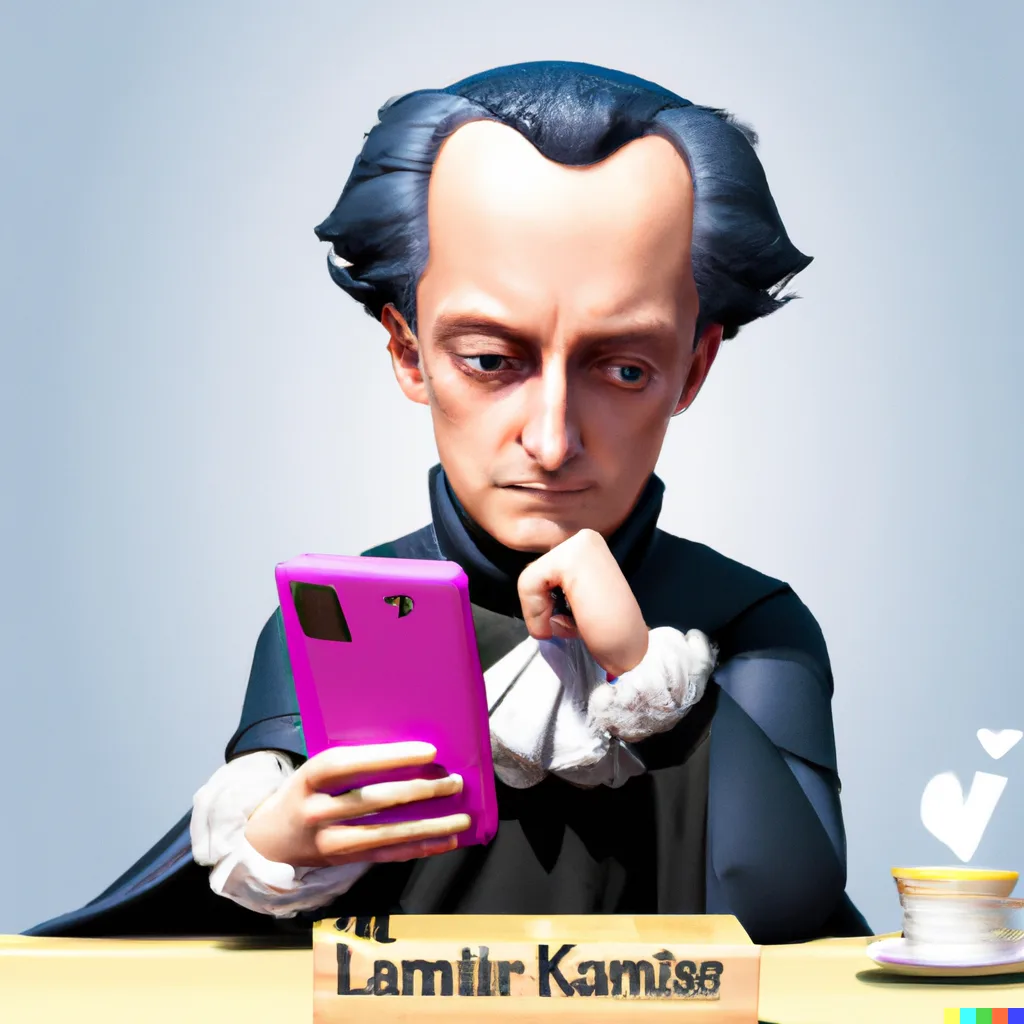PVP Bots are Unethical and It’s Time We Talk About it

Industry rumor has it that Clash Royale had a furiously high reactivation rate. The brutality of an average 50% win rate ensures churn is high. But a computer doesn’t have feelings, so why not have the player beat the computer instead of other players? And so Supercell did the obvious thing, and around three years ago, introduced bots into Clash Royale matchmaking. It solved the 0-sum PvP problem while eliminating matchmaking times; there’s always a bot to play against! Surely retention improved, and players were better off, so what gives?
The 18th-century philosopher Immanuel Kant tells us it’s wrong to lie. Always. Like always. Kant’s categorical imperative details a moral action as one that, if “universalized,” does not result in a “contradiction.” If all people did was a lie, it would become impossible to function as a society; therefore, lying, in any case, is wrong. That’s extreme10, so consider an addendum: if universalizing an action results in negative externalities, it’s immoral. Consider fake mobile game ads. Fake mobile game ads raise CPIs even in firms that deploy truthful ads. Fake ads create player skepticism where previously there was none – is this ad reflective of the actual gameplay or made up? Players don’t have enough information to know, for example, that Gardenscapes frequently runs fake ads, nor should players have to.
Under the categorical imperative, if every mobile game ad were fake, no player would tap on mobile game ads, and the industry would implode. For this same reason, we should reject unmarked PvP bots as ethical: universalizing PvP bots cheapens the player’s experience at the cost of PvP games everywhere, regardless of if they use bots or not.
Youtubers produce brazen conspiracy videos like, “100% PROVING THAT CLASH ROYALE HAS BOTS IN LADDER!” because developers fail to inform players if (a) the game uses bots and (b) if the player’s opponent is a bot or actual human. Such a disclosure might harm the player’s experience; as devilish as it sounds, beating up on those with emotions is more satisfying than those without emotions. But the illustration above shows players need to be fooled into thinking they are playing a real human for bots to be particularly effective. Worse still, there’s a clear and present expectation from players that their opponent is an actual human. Sorry developers, “we didn’t say one way or another” isn’t a compelling counterargument.
Clash Royale, Call of Duty Mobile, and Marvel Snap use bots, perhaps extensively. Developers should mark bots as just that – bots. It’s the right thing to do for the player and the right thing to do for the industry.